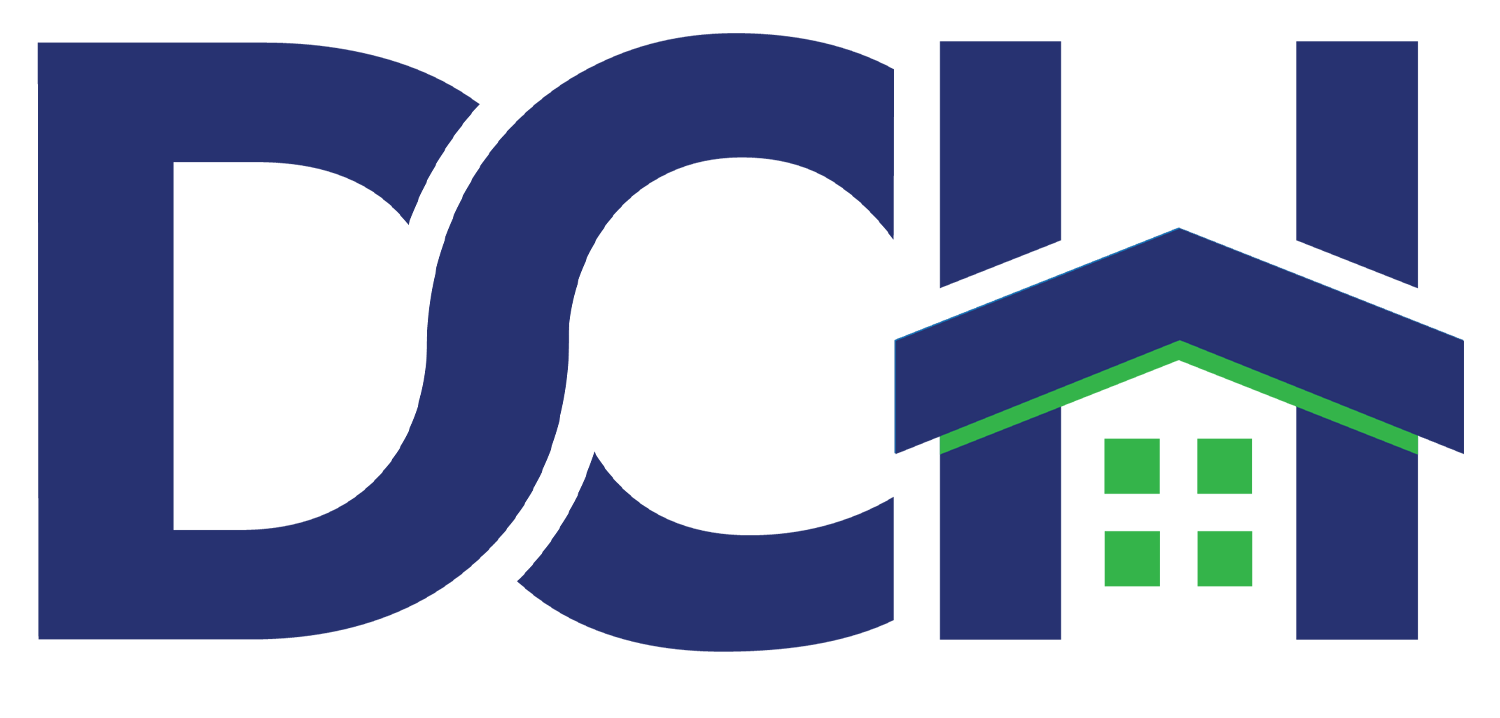I'm a Homeowner, Now What? Guide to Responsible Homeowning
Congratulations, here are the keys to your new home! Now, how do you maintain a home and a lifestyle that will build equity and add value to your home? There are so many guides to saving for a home, linked here, and applying for a home loan as a first time home buyer, linked here, but what happens when you get a home, how can you make sure it appreciates? Here are some practical maintenance tips, financial tips, and tips for becoming involved in your community to make sure your neighborhood thrives, to build value and equity for all.
Home Maintenance
Much of home maintenance is a matter of pride and cleanliness, you have a new home and you would like to keep it looking its’ best, but other home maintenance tasks are equally important. These elements are likely in your inspection report prior to buying a home, but it is even more reason to keep track of their maintenance.
Changing air filters to maintain healthy air quality
Changing batteries in fire detectors
Cleaning gutters to prevent leaks
Regular Checks of Roofing for Repair
Maintaining tree health through trimming and removing dead trees
Routine electrical checks to ensure wiring is not faulty.
Adding security measures, whether a system or more secure mechanisms on doors and windows
Home maintenance protects your interests and builds value in a home by being on top of tasks, before they become a problem. There are other non maintenance items that can actually add value to your home. Hard wood floors, energy efficient appliances, improved insulation, driveways, and pools are just a few examples that increase your home value. These improvements are usually made out of personal savings, but can be included in a personal home loan and require a contractor. Here are more tips for Home Maintenance.
Financial Maintenance
Beyond being able to afford the financing of your home, in the form of a monthly mortgage, and the home maintenance, discussed above. Homeowners should build an emergency fund. Saving is not just for a downpayment of a home, experts agree that from 3-6 months should be saved to cover critical living expenses including:
Food.
Health care (including insurance).
Utilities.
Transportation.
Personal expenses.
Debt.
In the event of a catastrophe you would exclude non essential expenses as well as including entertainment, dining, non essential shopping, vacations, or other savings goals. Here is a useful calculator for an emergency fund. Do not forget to calculate and put aside funds for property taxes as well, this is especially important coming up! See what your taxes are by street in Dallas here.
Community Building
Homeowners do not live in a vacuum. Chances are, you bought your home because maybe you liked your neighbors, or it is close to where you work, or where you would like your kids to go to school. One of the ways that homes increase in value is through the desirability and liveability of the neighborhood. You can make a difference in your neighborhood, and add value to your home, by getting involved. Grassroots initiatives to improve neighborhoods have spawned some of the most successful sustainable development projects in the world. It really starts with homeowners who advocate for their community. They have built community gardens to combat food deserts, lobbied for better schools and access to education, lobbied for improved access to transportation, and have reduced crime and increased literacy rates as a result.
DCH empowers communities by giving residents a voice in the vision and development of their communities. We are an ally to the Dallas homeowner and future home buyer. We develop attainable housing and mixed use developments in areas that are increasing in value to help transform communities. If you are interested in our developments, please click here.

